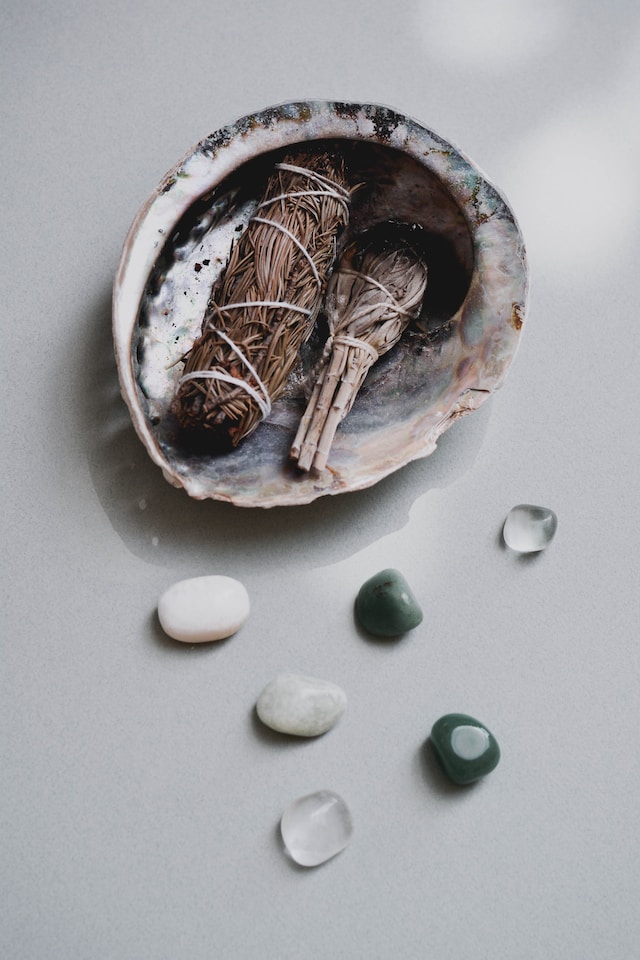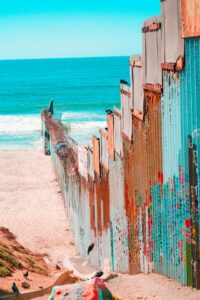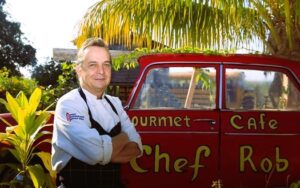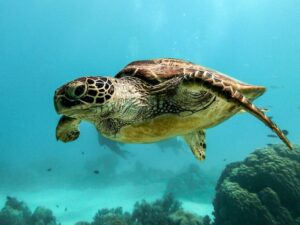Belize stands out among nations as an exceptional opportunity for healthcare enthusiasts interested in holistic treatment approaches. Healers here combine traditional wisdom with their professional expertise.
Herbs and plants used to treat ailments grow along roadsides and in people’s backyards, while urban shoppers can find these remedies alongside other goods in marketplaces.
Mayan Herbal Medicine
Traditional Maya herbal medicine has long been a focus for alternative health practitioners. While modern medicines typically treat individual symptoms, traditional Mayan remedies treat their root cause – many medicinal plants still grow wild in Belize’s rainforests!
Although Maya did not have a written medical system, their knowledge of healing was passed along verbally from generation to generation and used natural plants as remedies for conditions including diarrhea, colds, infections, arthritis, and mental health concerns.
A typical healing ritual involves an herbal purification bath followed by massage therapy, with light “braiding” of ruda or rue herbs to rid yourself of negative energy and promote self-love. Additional cleansing techniques such as smoking Mayan tree leaves or drinking plant-based tea may be utilized for further cleansing.
Sometimes healing herbs were combined with animal parts or minerals for optimal performance. Cortisone, used to treat rheumatism and arthritis, was developed from an ingredient found in Mexican wild yam (Ipomea wrightii).
Even as modern medicine advances, Mayans retain an ancient respect for herbal healing. Before turning to pharmaceutical drugs for remedies, Mayan people frequently consult a Q’eqchi’ healer.
Belize appears to be making efforts to preserve ancient healing herbs. To do so, they have set aside a 6,000-acre tract known as Terra Nova Medicinal Plant Reserve that houses plants threatened by development and sent there for preservation. Furthermore, several organizations have also been set up in support of this work.
One such organization is BITI, an indigenous-owned non-profit that promotes alternative health in Belize while aiding community-based conservation efforts of the regional rainforest. They partner with community associations of traditional healers to assist them with developing sustainable incomes while sharing cultural traditions through herbal medicine; additionally, they offer training in acupuncture which uses needles to stimulate natural healing processes within the body.
Holistic Treatment
Today, many Belizeans turn to traditional herbal medicine in combination with spiritual healing practices as a form of healthcare. Commonly referred to as “bush medicine”, these medicinal plants and fruits, roots, leaves, and barks can be found throughout Belize – from roadsides and people’s yards to empty lots and even out in open lots – acting as natural or homeopathic cures used to treat anything from common colds and headaches to serious illnesses like cancer – locals refer to it as the jungle’s pharmacy.
The rainforest provides us with many natural remedies, which have been employed successfully over centuries and millennia. It provides an effective natural alternative to synthetic pharmaceuticals which often have detrimental side effects – for instance, cortisone used to treat rheumatism and arthritis was first made from Mexican Wild Yam plants – now a widely popular treatment.
Alongside herbal medicines, many Belizeans also utilize massage therapy and acupuncture as alternative forms of medicine. Acupuncture involves inserting needles at specific points on the body to stimulate natural healing processes – it is widely utilized by Belizeans and is supported by the Belize Acupuncture Association. Meanwhile, massage therapy promotes relaxation and increases circulation; The Belize Massage Therapy Association provides resources on this practice as well as consultations from licensed massage therapists.
These complementary and alternative medicine practices are growing increasingly popular in Belize as more individuals seek natural alternatives to traditional medical treatments. Their emergence underscores the significance of exploring both complementary and alternative medicine along with conventional remedies in order to reach optimal health.
Few countries in the world give healthcare enthusiasts more opportunities to explore holistic models than Belize, nestled in Central America’s lush rainforest environment. Here, practitioners are striving to reconcile ancient Mayan treatment modalities with intensive care technologies from abroad; herein lies a great testing ground. These stories feature several Belizeans who are taking up this delicate task with remarkable courage.
CAM Practitioners
One factor driving the complementary and alternative medicine (CAM) market forward is an increasing interest in holistic approaches to healthcare, specifically treatments targeting physical, mental, emotional, and spiritual well-being. Many CAM modalities also emphasize preventive health measures and wellness promotion as part of this trend – reflecting an overall shift within healthcare toward encouraging wellness rather than treating symptoms after they arise.
CAM practitioners specialize in several areas of treatment beyond general wellness promotion. Massage therapists, for example, typically possess licenses and certifications to manipulate soft tissue to relieve pain and promote relaxation. Acupuncture–involving inserting needles at specific points on the body in order to stimulate natural healing processes–is widely practiced throughout Belize and is widely represented by the Belize Acupuncture Association which offers information and resources regarding this technique as well as consultation services with registered practitioners.
CAM therapies have grown increasingly popular due to their perceived efficacy and non-invasive nature, making it an attractive option for individuals searching for natural alternatives to conventional medical treatments. Unfortunately, however, several key market restraints limit CAM’s growth: many individuals self-medicate using CAM therapies without consulting with a physician first, which could cause adverse reactions or interactions with other medications; furthermore, lack of awareness regarding safety and efficacy deters some from using such treatments.
Even with its limitations, patients have shown increasing interest in complementing conventional medicines with complementary and alternative medicine (CAM) techniques. This trend may be attributable to cultural practices, availability, and cost as well as an apparent lack of perceived side effects. Unfortunately, most general practitioners (GPs) remain wary of referring their patients to CAM practitioners due to concerns that patients might stop conventional treatment altogether or use it instead of prescribed medication.
Belize’s government is actively taking steps to increase access to traditional medicine by expanding training opportunities. Furthermore, new laws have been put into effect to protect cultural heritage and forbid illegal drug importation; penalties for possession or trafficking of illicit substances range from heavy fines to jail time.
CAM Treatment in Belize
CAM is an emerging segment of the healthcare industry worldwide. This trend can be attributed to an emphasis on holistic approaches to health and well-being as well as increased disposable income. Complementing conventional medical treatments, complementary alternative medicine (CAM) offers complementary health solutions that may treat various medical conditions or promote overall wellness by complementing conventional care and treating an array of symptoms or health concerns. CAM treatments also serve to prevent disease as well as promote overall wellness.
Belize achieved success in eliminating malaria by reaching zero indigenous cases by 2019 thanks to effective investments both domestically and internationally, along with robust surveillance. Community-based health workers and volunteers were essential in providing timely detection, diagnosis, and treatment of cases; cross-border efforts with Mexico and Guatemala further contributed to Belize’s success in eliminating this disease.
Traditional healers in Belize tend to employ local plant species from Belize’s endemic forests – which comprise 60 percent of its landmass – as the basis of traditional medicine treatments and healing experiences for their patients. Healers typically undertake an extended apprenticeship program in order to learn the names, uses, preparation, and other details of local medicinal plants – providing customized and tailored healing experiences tailored specifically towards each patient.
Belize provides various forms of complementary and alternative medicine (CAM) services, including Ayurveda, Chiropractic, Massage Therapy, Naturopathy, Acupuncture, Acupuncture and Yoga. Ayurveda is an ancient system of healing that stresses balance and harmony through herbal treatments, diet, and lifestyle changes to achieve optimal health and well-being.
Acupuncture is a popular form of complementary and alternative medicine (CAM) in Belize and involves inserting thin needles at specific points on the body to promote natural healing processes. The Belize Acupuncture Association provides information and resources regarding this form of CAM while licensed practitioners offer consultation services.
Belize lies along the eastern coast of Central America and shares borders with Guatemala, Mexico, and the Caribbean Sea. Renowned for its striking Mayan ruins, Great Barrier Reef marine sanctuary, and picturesque beaches like San Pedro Bay – this English-speaking nation offers rich culture and natural beauty.




